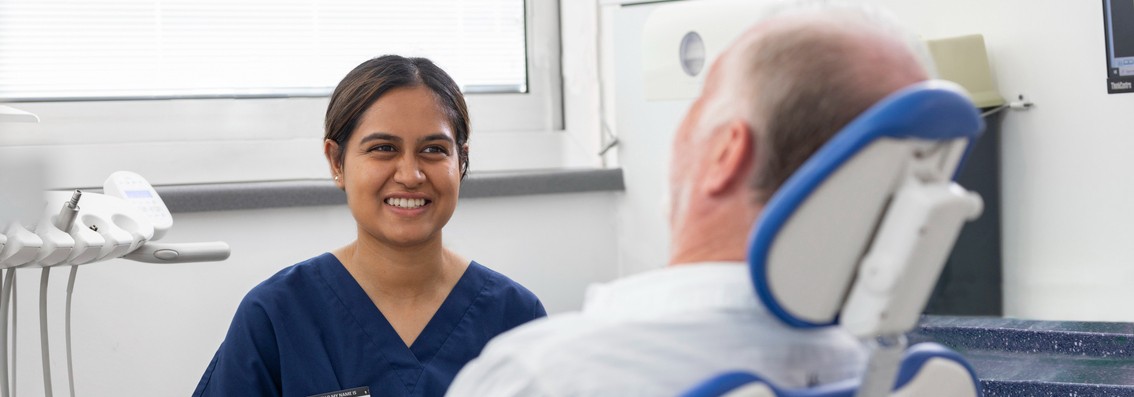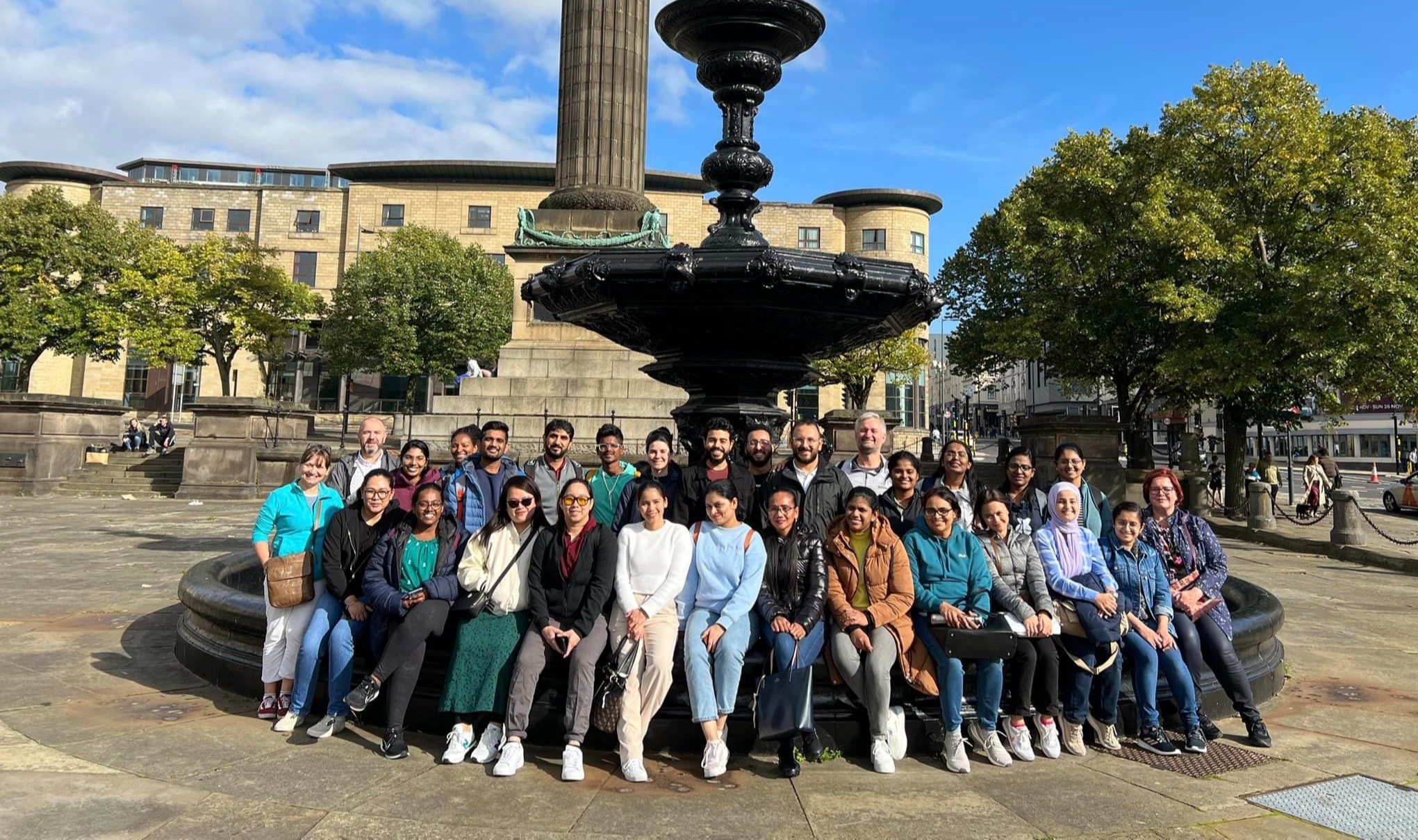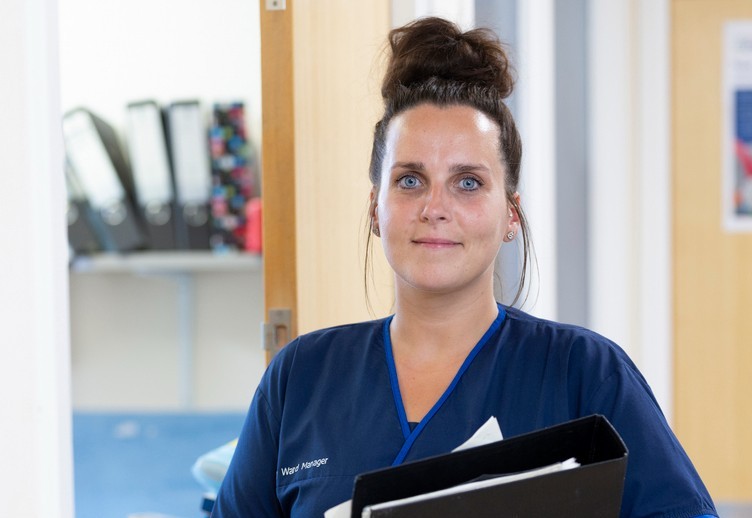Advanced clinical practitioners come from a range of professional backgrounds, such as nursing, physiotherapy, pharmacy, paramedics and occupational therapy. They are healthcare professionals educated to Masters level and have developed the skills and knowledge to allow them to take on expanded roles and scope of practice caring for patients.
Advanced clinical practice is central to helping transform service delivery and providing enhanced capacity, capability, productivity and efficiency within multi-professional teams.
All registered healthcare professionals can aspire to be an ACP, most will have at least 3-5 years of clinical experience and a Masters-level degree in Advanced Clinical Practice.
The variety of modules within the ACP MSc demonstrate the skills required within the four pillars of advanced practice and provide a general base of knowledge to create a generic ACP. The specialty skills are learnt within the post.
The four pillars are clinical practice, leadership and management, education and research, with the advanced practice framework demonstrating a clinician’s ability to work at an advanced practice level.
ACPs can bridge gaps within the multidisciplinary team, bringing professions together as they have the necessary knowledge, skills, training and qualifications. The benefits include:
- Improved patient journey, better-informed patients and patient-focused care
- Improvements in the continuity of patient care and in standards of service
- Better communication between patients and the multi-disciplinary team
- Increasing job satisfaction, assisting recruitment and retention and addressing the potential skills gap
- More flexibility within the team.
There are ACPs and trainee ACPs across the Trust from many professional backgrounds.
There is an ACP lead at LUHFT who helps co-ordinate CPD, ACP governance and supports networking and communication between ACP colleagues, and supports services with workforce planning and talent management. The ACP lead is a central point of contact for ACPs, their clinical and educational supervisors, the higher education institutions and the ACP North West faculty.
Opportunities are available for ACPs to be involved in and lead Trust-wide initiatives which include forums, celebration of practice, research, new training and development initiatives, and education provision.





